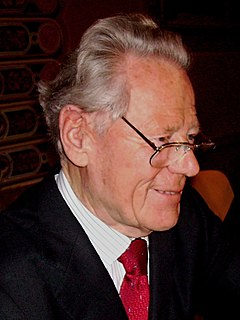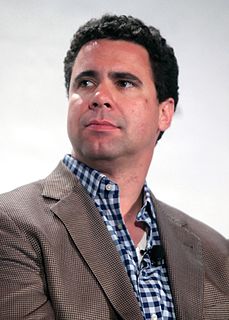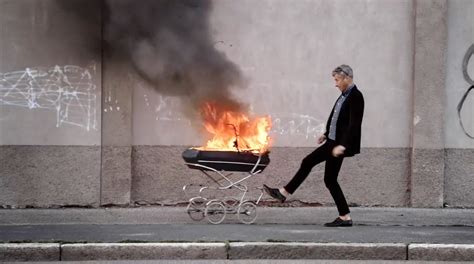A Quote by Hans Kung
We should think about whether canonizations, which are an invention of the Middle Ages, still make sense today.
Quote Topics
Related Quotes
There is a creative pleasure, which, for instance, the artisan in the Middle Ages, or in a country like Mexico, still today has - namely the pleasure of creating something. You find quite a few skilled workers who still have that pleasure: maybe in a steel mill; maybe a worker who works with a complicated machine - he has a sense that he is creating something.
I don't think that the folks who are in the middle look at the conversation over whether or not Donald Trump's campaign is racist or whether or not Hillary Clinton should use that term to describe some of his supporters made sense, I don't think that the folks in the middle are looking at that debate.
I don't think that the big crunch should be seen as a menace, but rather as an opportunity. It's one of these times in -history - and we have plenty of examples from the past - where it's possible to really make a difference. And if art is serious about claiming a central role in today's society and culture, this is the best chance it's had in ages.
Something happens in the middle when women are in their 30s, and we can start with an array of things that happen, whether it is - you hope this doesn't exist any longer - but overt discrimination; whether it's subtle gender discrimination, which absolutely does exist among men and women; whether it's the fact that it gets hard to juggle at that point children, housework, etc. But people still have to go home and cook the dinner and clean the dishes and get the beds made and so on. And so, for a whole bunch of reasons, women tend to fall out in their 30s still today.
We still know so little about how the brain interacts with the body chemistry or, for that matter, whether we should be talking about the brain or the mind, that it would be perilous to hazard any guess about the way Abraham Lincoln's biological health may or may not have affected him. Of course, we don't have Lincoln on hand to ask him directly; but even if we did, we still might not be able to make sense of how all the parts worked together.
I had the attitude that I would work with this present-day material and do the best I could to describe it with photography, not intending to make any particular comment about whether it was good or bad or whether I liked it or not. It was just there, and I was interested in it. That's what I still do today.
In western civilization, the period ruled by mysticism is known as the 'Dark Ages' and the 'Middle Ages'. I will assume that you know the nature of that period and the state of human existence in those ages. The Renaissance broke the rules of the mystics. "Renaissance" means the "rebirth". Few people today will care to remind you that it was a rebirth of reason - of man's mind.
...those experiments be not only esteemed which have an immediate and present use, but those principally which are of most universal consequence for invention of other experiments, and those which give more light to the invention of causes; for the invention of the mariner's needle, which giveth the direction, is of no less benefit for navigation than the invention of the sails, which give the motion.
People are trying to make decisions about whether they should vaccinate their children or not, which is still a big debate. It's something that is a true fear for people. So, when we were getting into the story, in these first few episodes, and you're seeing these people who are at the top of the CDC, they should have every answer. It's almost like a God complex.






































